SUMMARY
This is AI generated summarization, which may have errors. For context, always refer to the full article.
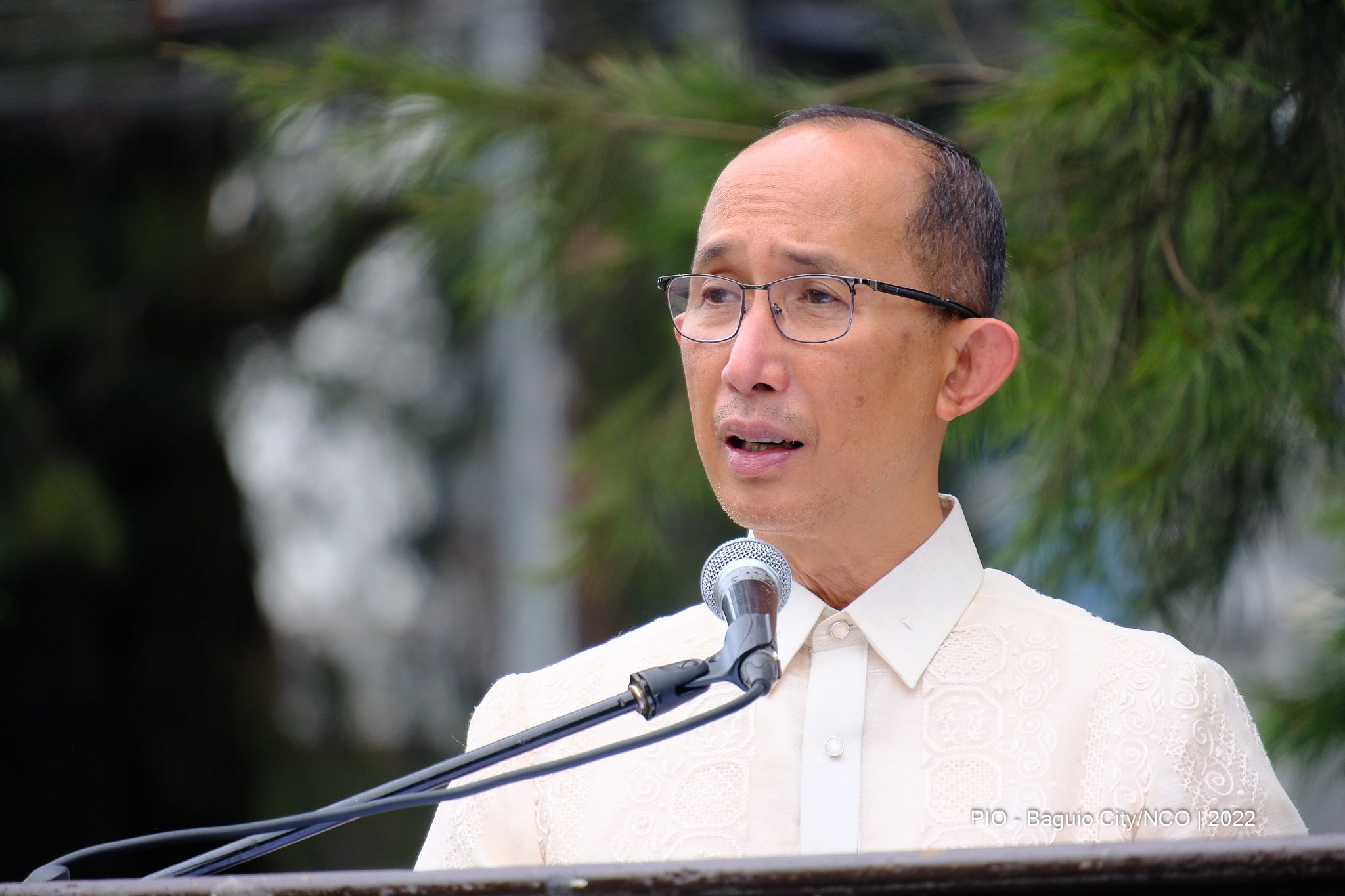
BAGUIO, Philippines – Baguio Mayor Benjamin Magalong declared the end of the acute gastroenteritis outbreak in the city on Thursday, January 18.
“We can now confidently say we are out of the woods. The outbreak is over, and we have shifted to an endemic level of usual diarrhea occurrences,” Magalong said.
The announcement came after a thorough examination of the outbreak’s causes and patterns of spread, revealing that 80% of the cause has been identified during an extensive epidemiological investigation.
Local health authorities said contaminated water from deep wells used in private water delivery services was the most likely cause of transmission.
Magalong, however, assured that water being supplied by the Baguio Water District (BWD) is safe and potable directly from the tap.
In certain areas of Baguio, the supply from the local water district is not continuous for 24 hours each day. With the BWD coverage still at 90%, many residents find it necessary to turn to private water delivery services to supplement their water supplies.
Investigation
Dr. Celia Flor Brillantes, acting City Health Services officer, said the outbreak, initially detected through a self-reporting system, was confirmed to be acute gastroenteritis.
Collected samples from those who fell ill tested positive for norovirus and other viral etiologies, though bacterial causes are still under investigation.
The epidemiological investigation was conducted from December 26, 2023, to January 13, 2024, involving 383 people with ages ranging from three months to 90 years.
Health investigators said the peak period was from January 1 to January 8, and then there was an 80% decrease in the number of self-reported cases – from 1,620 to 300 – in the last two weeks.
Investigators also said the cases were spread across the city, and not confined to a single barangay or district, with most of those affected in the pediatric age group.
The common symptoms were acute watery diarrhea, vomiting, abdominal pain, and occasional fever.
Investigators also said the outbreak period was actually from December 20, 2023, to January 13, 2024.
Legislative measures
Meanwhile, Baguio Councilor Betty Lourdes Tabanda said the outbreak underscored the importance of a need for a new ordinance aimed at fortifying public health against waterborne illnesses.
Tabanda said the measure should establish a regulatory framework ensuring the quality and safety of public water supplies, setting stringent standards to guarantee compliance with health and safety requirements for water distributed to consumers.
She also said there was a need to revise the Baguio City Water Code to bolster public health protocols.
Tabanda’s proposal includes the enhancement of the City Health Services Office’s (CHSO) water analysis laboratory, expanding its capabilities for detecting a wider range of bacteria and viruses. – Rappler.com
Add a comment
How does this make you feel?






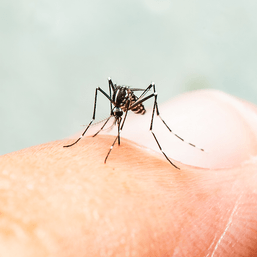

![[Free to disagree] Ending victimhood](https://www.rappler.com/tachyon/2024/05/TL-Ending-victimhood-May-20-2024.jpg?resize=257%2C257&crop_strategy=attention)
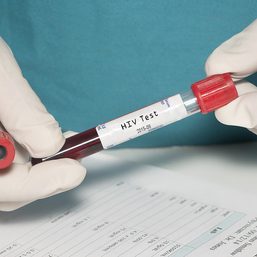



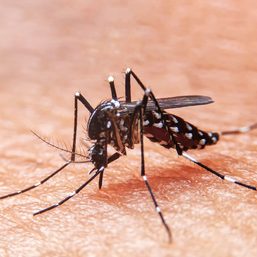
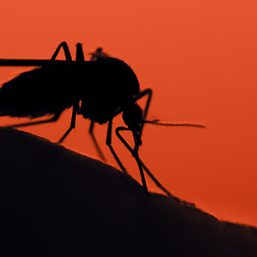
There are no comments yet. Add your comment to start the conversation.